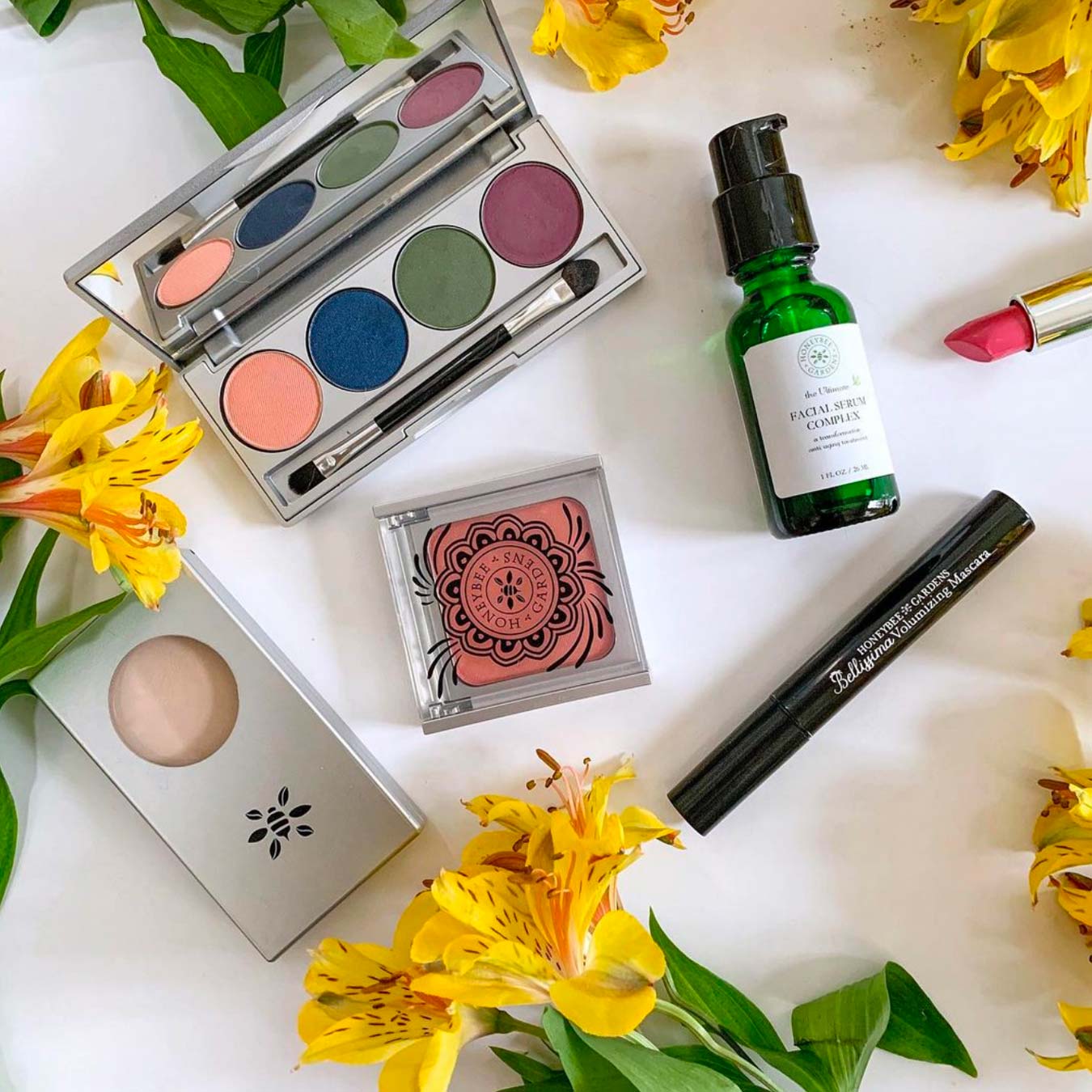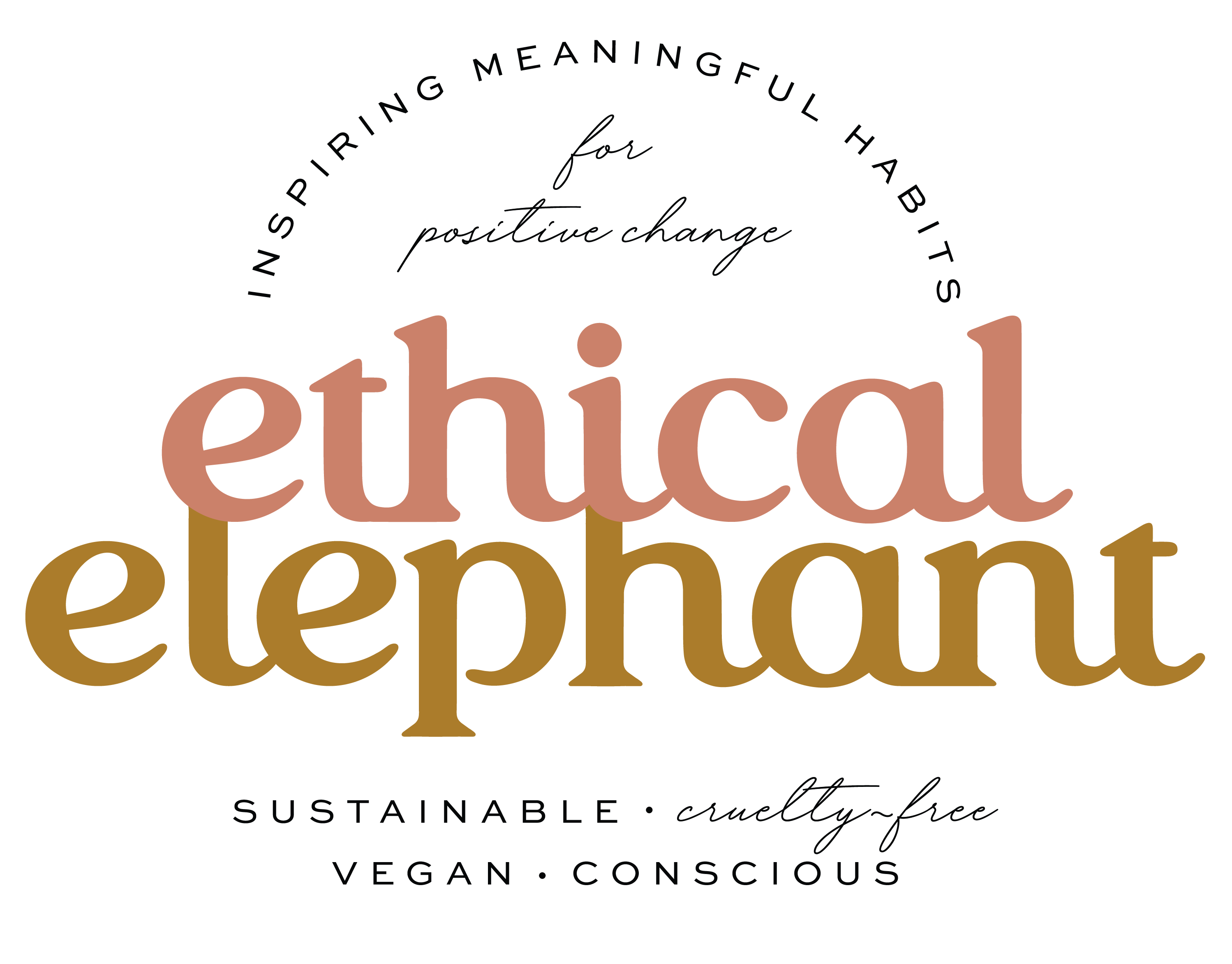This post may contain affiliate links that at no additional cost to you, I may earn a small commission.
You can find Honeybee Gardens cruelty-free products at Walmart and Amazon.
Honeybee Gardens is Cruelty-Free
Honeybee Gardens has confirmed they do not test their products or ingredients on animals or ask others to test on their behalf. Their suppliers also do not test on animals, nor do they allow their products to be tested on animals when required by law. And finally, their products are not sold in stores in mainland China or any other country that may require animal testing.
By our standards, we would consider Honeybee Gardens to be Cruelty-Free.
What About China’s Animal Testing Laws?
Honeybee Gardens has confirmed they do not sell their products in retail stores in mainland China; therefore, they are not required to test on animals.
“None of our products are sold in China.”
As of May 1, 2021, some imported ordinary cosmetics can be exempt from animal testing under certain conditions. However, for the most part, animal testing is still legally required for most imported cosmetics in 2022.
Cruelty-Free Policies
Note that there is no legal definition for the label ‘Cruelty-Free.’ It can mean different things to different people. But Cruelty-Free is generally used to imply no animal testing. More specifically, the ingredients, formulation, or finished product are not tested on animals at any stage of product development.
At ethical elephant, we always assess a company’s cruelty-free policy using our Cruelty-Free Checklist. This ensures no animal testing was performed by the brand itself, its suppliers, or any third parties.
Also, note that Cruelty-Free and Vegan don’t always mean the same thing.
Honeybee Gardens is Not 100% Vegan
‘Vegan’ in cosmetics can refer to an entire brand that is 100% Vegan or a specific product is vegan.
In the case of Honeybee Gardens, not all of their products are vegan. But they have some products that are suitable for vegans.
How to know which of Honeybee Gardens products are vegan?
All of Honeybee Gardens’ vegan products are clearly marked on their website. In addition, Honeybee Gardens told me all of their products are vegan except their lip balms which contain beeswax.
The following is a snippet of the email response I received from Honeybee Gardens when I asked if all of their products are vegan:
“98% of our line is vegan. Only the lip balm has beeswax.”
Vegan Policies
Similar to ‘Cruelty-Free,’ there is no standard or legal definition for the label ‘Vegan.’ But it usually means no animal-derived ingredients or animal by-products.
Some common animal products used in cosmetics include carmine, lanolin, snail mucus, beeswax, honey, pearl or silk-derived ingredients, animal-based glycerin, keratin, and squalene.
There are plant-based and synthetic alternatives to animal-derived ingredients. But it’s sometimes difficult to know with certainty whether a product is vegan just by reading the ingredient list.
So it’s best to ask the company and manufacturers to ensure the ingredients they’ve chosen to use were from non-animal sources.
Where are Honeybee Gardens’ products made?
Honeybee Gardens states on its website,
“Where are your products made?
The majority of our goods are made right here in the United States (Pennsylvania, California). A few of our products are produced in Canada, Germany and Italy as well.”
Ethical Mica Mining Policy
Mica is a mineral that’s used in cosmetics to add a shimmery effect. But the mining of natural mica has been linked to child labor and human rights violations.
Unless the company discloses its mica mining policy, we have no way of knowing whether its mica is ethically sourced without child or forced labor.
Thankfully, Honeybee Gardens states on its website,
“Where does your mica come from?
We work with the National Resources Stewardship Council (NRSC) to obtain ethically-sourced mica, noting most of our supply comes from the US. This is an on-going battle for us, and we constantly try to ensure our mica is coming from child safe areas.”
I hope this article helped you to understand Honeybee Gardens’ cruelty-free and vegan status and by choosing cruelty-free together, we can help end animal testing for cosmetics once and for all!







